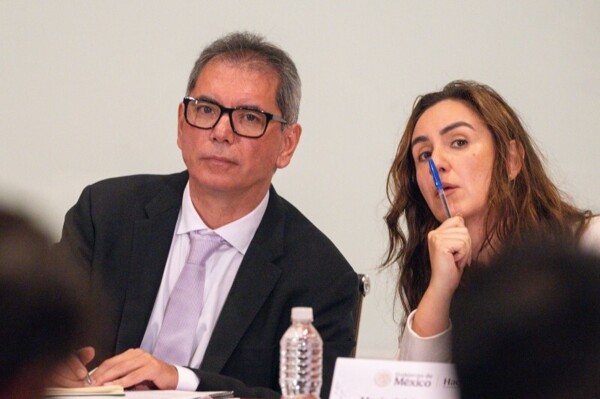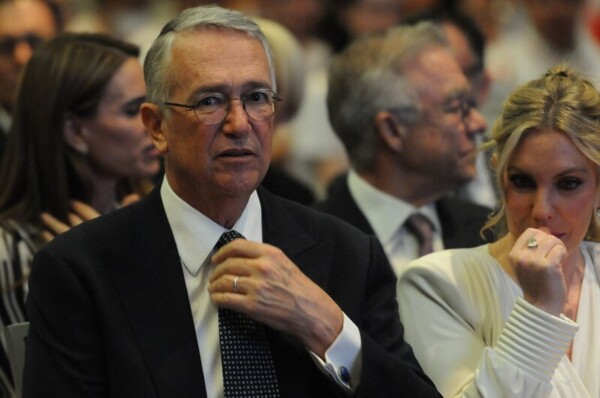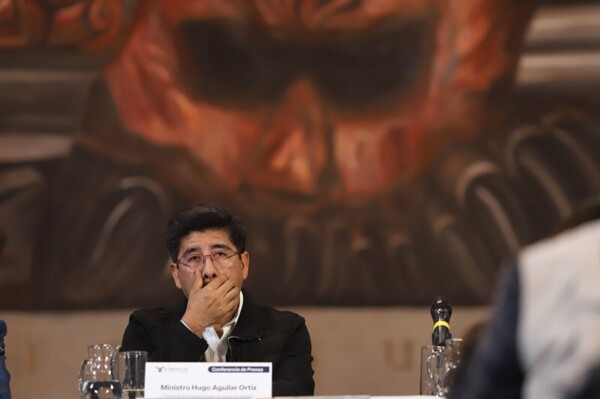
Recently, the reform to the Infonavit Law could face financial problems and increase the delinquent portfolio of the Institute, as is the case with the Bank of Well-Being. This has generated concern among experts, as the regulations allow the State to intervene in housing construction through a new subsidiary, which could lead to the improper use of 2.4 trillion pesos in assets of the organization.
Enrique Díaz Infante, director of Financial Studies at the Espinosa Yglesias Study Center, warned that the reform puts the savings of workers at risk, which amount to more than 2.4 trillion pesos in Infonavit assets. His concern lies in the possible use of these funds for housing construction, which could result in deficits and high levels of delinquent portfolios.
Enrique Quintana, editorial director of El Financiero, agreed that Infonavit's return to housing construction could bring financial problems to the organization. There is fear that it will be used for political purposes by the current government, similar to previous experiences where clientelist delivery of housing resulted in unpaid debts.
Experts also expressed concern about the lack of oversight and supervision controls in the new subsidiary that must be created within the next 30 working days. There is fear that this lack of transparency could lead to cases of corruption and diversion of resources in the housing construction sector.
The approved reform implies that Infonavit has 30 days to define the creation of its subsidiary in charge of the construction and management of social and rental housing. Furthermore, the tripartite system will be maintained, in which the General Assembly will consist of 30 members: 10 from the government, 10 from workers, and 10 from the employer sector.
The supervision of the Institute's credit operations will be the responsibility of the Treasury, with the collaboration of the CNBV, with the objective of ensuring that they conform to healthy financial practices. The reform also establishes that the director of Infonavit will be appointed by the President of the Republic, which raises doubts about the independence of the Institute's financial decisions.














